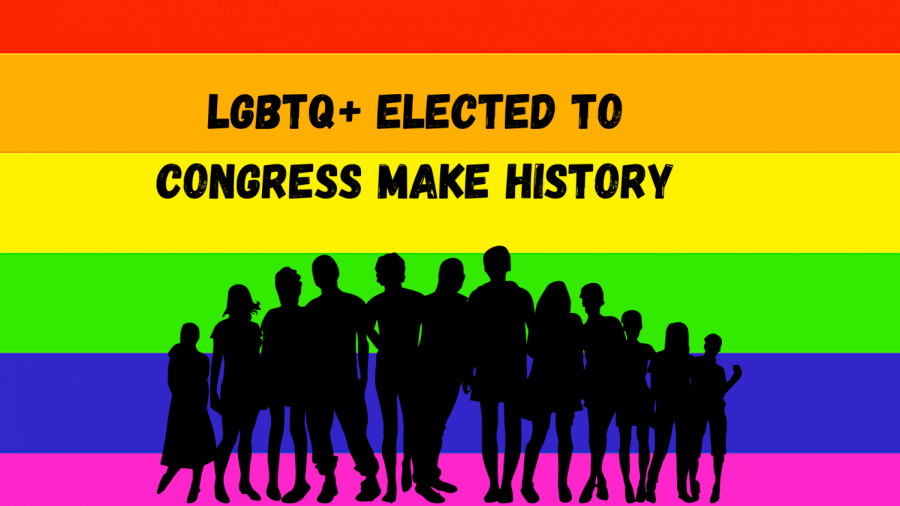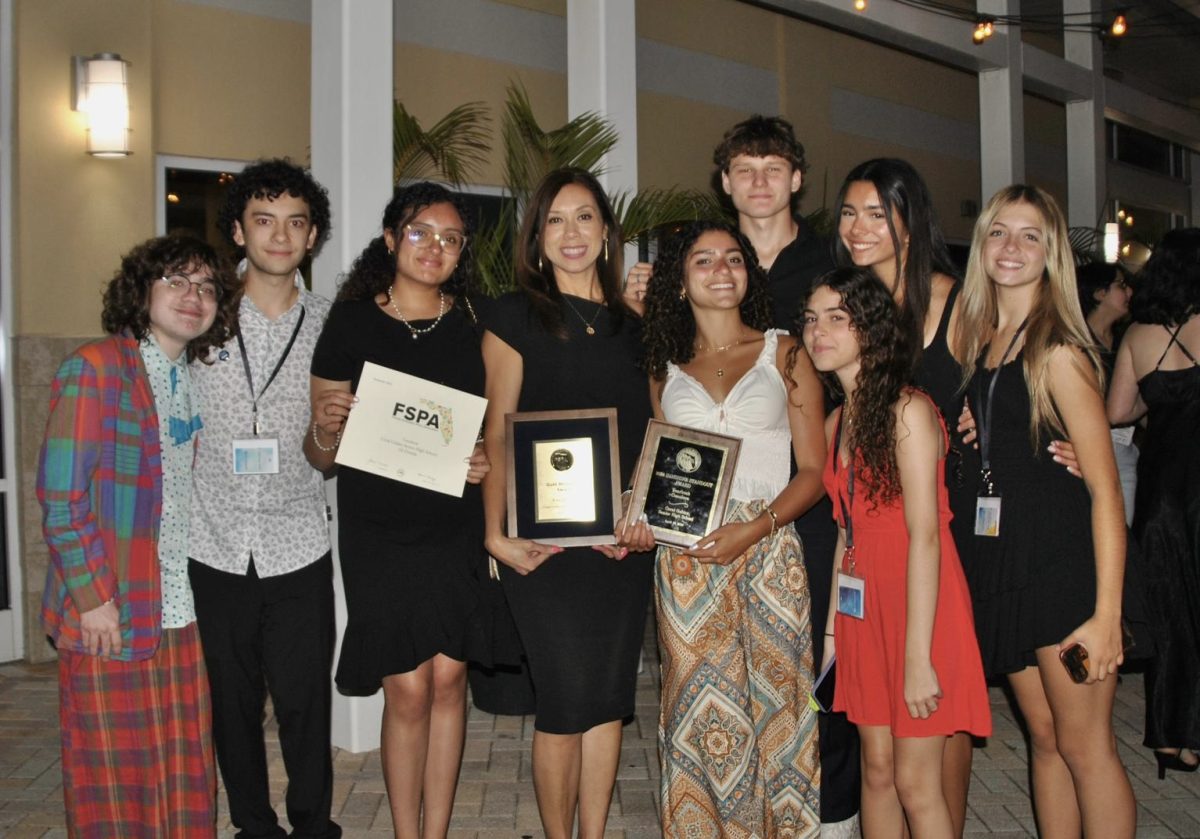2020 Elections: LGBTQ+ Elected to Congress Make History
LGBTQ+ candidates make history by being elected to the government in 2020.
Nov 16, 2020
Records have been set this year by members of the Lesbian, Gay, Bisexual, Transgender and Queer/Questioning+ community who have been elected to United States government offices. Sarah McBride, Mondaire Jones, Kim Jackson and Ritchie Torres are all members of the LGBTQ+ community who have made history by being elected to Congress in the 2020 elections. The success experienced by LGBTQ+ politicians in these elections may indicate that Americans are becoming more accepting of the members of this community.
Sarah McBride is a Democratic activist who has been elected to serve as State Senator for Delaware. She formerly served as a spokesperson for the Human Rights Campaign and is openly transgender. This means she was assigned to the male sex at birth, but identifies as a female. McBride has made history many times in the past as well: she was the first transgender White House staffer under the Obama presidency and the first transgender person to speak at a major party convention, the Democratic National Convention, in 2016.
Having different people from the LGBTQ+ community in government will shine a light on this community and the problem it has to face. It might make the society of today more understanding as well as less oblivious to the community’s struggles.
— freshman Auriane Lapierre
After the election was called, McBride tweeted, “I hope tonight shows an LGBTQ+ kid that our democracy is big enough for them, too,” which shows that she is aiming to protect her community. Her plans as a senator consist of expanding health care and paid criminal leave, increasing Delaware’s minimum wage and reforming the criminal justice system.
“If people see more and more members of the LGBTQ+ community in politics, it may become normal for them. If they agree with the politicians themselves it can really impact their views on the community,” sophomore Elise Pagani said.
As the first gay African-American man elected to Congress, Mondaire Jones is New York’s 17th Congressional District House representative. Jones is a Democrat and has based his campaign on his support of the Green New Deal, “Medicare for All” and providing COVID-19 relief for Americans. He received degrees from both Stanford University and Harvard Law School as part of his education and later worked in the Justice Department under the Obama administration.
The first gay Afro-Latino man elected to Congress is Ritchie Torres. He was elected as the representative of New York’s 15th Congressional District in the House. A Democrat like Jones, Torres based his campaign on police reform and programs to address poverty, which is racially concentrated. Torres’ Congressional District is the poorest in the United States, contributing to his focus on poverty. Before becoming a Congressman, Torres was a New York City Council member.
“I believe having some LGBTQ+ people in these positions such as senator and congressman will make young LGBT+ people feel like we have someone who understands our struggle and will do what is best for our community,” freshman Auriane Lapierre said.
Kim Jackson is one of the first lesbians to be elected to Congress. She was elected as a Georgian state senator and will join the ranks of the current 13 openly LGBTQ+ Black state legislators serving nationwide. As a Democrat, she ran with a plan to fight for a comprehensive anti-discrimination bill to protect Georgians from discrimination based on sex, race, gender, religion, sexual orientation and ability. She also promised to introduce a criminal justice reform, expand Medicaid and protect voter rights. Jackson was elected by winning 79 percent of the votes in Georgia, beating Republican opponent William Freedman.
The LGBTQ+ community regroups lesbian, gay, bisexual, asexual and pansexual people as well as transgender, intersexual, genderfluid, non-binary people and a variety of other identities. Despite only representing around 4.5 percent of the United States population, this community makes up 18.5 percent of hate crime victims. However, with so many LGBTQ+ community members getting elected, the U.S. may become more accepting following this “rainbow wave” in 2020.
























